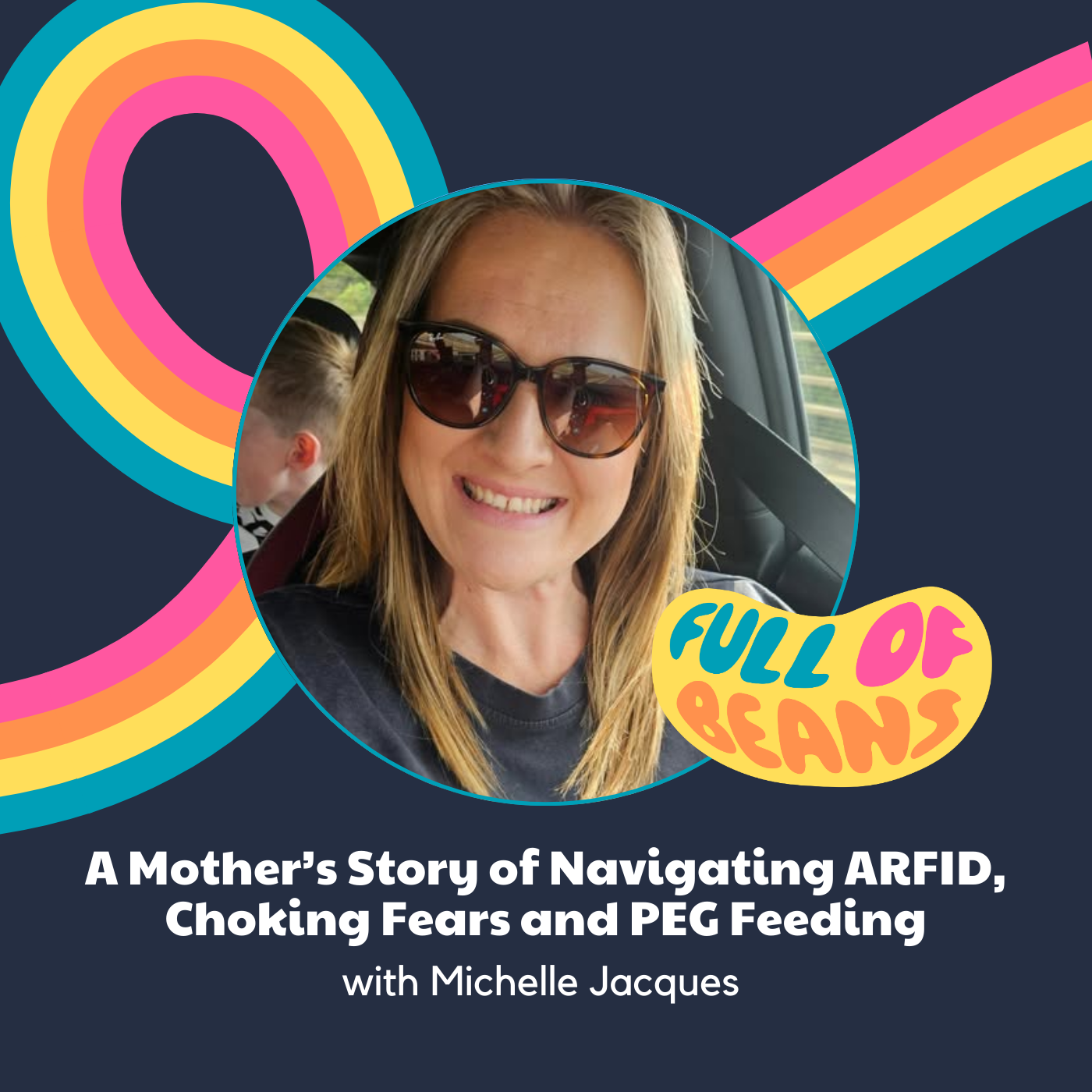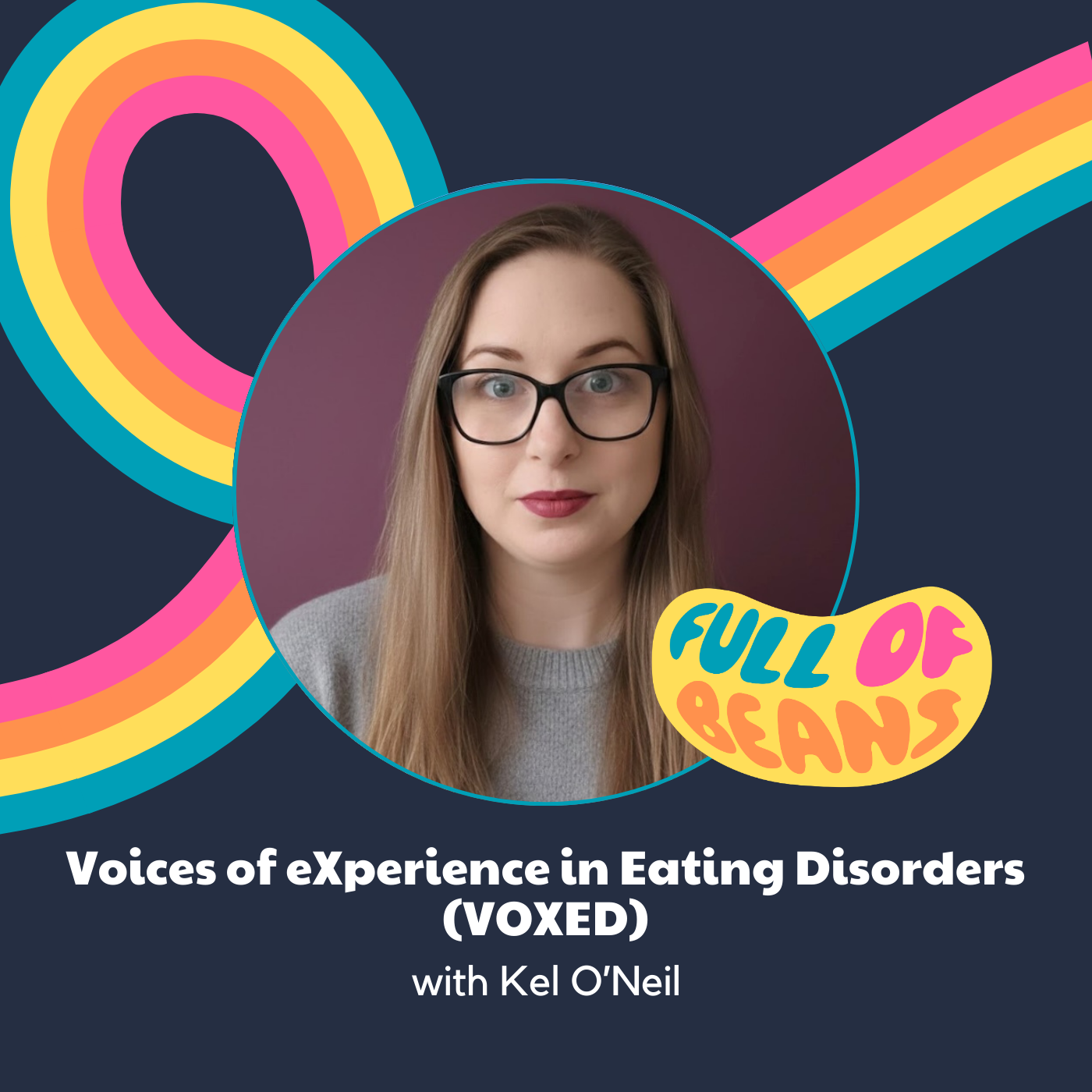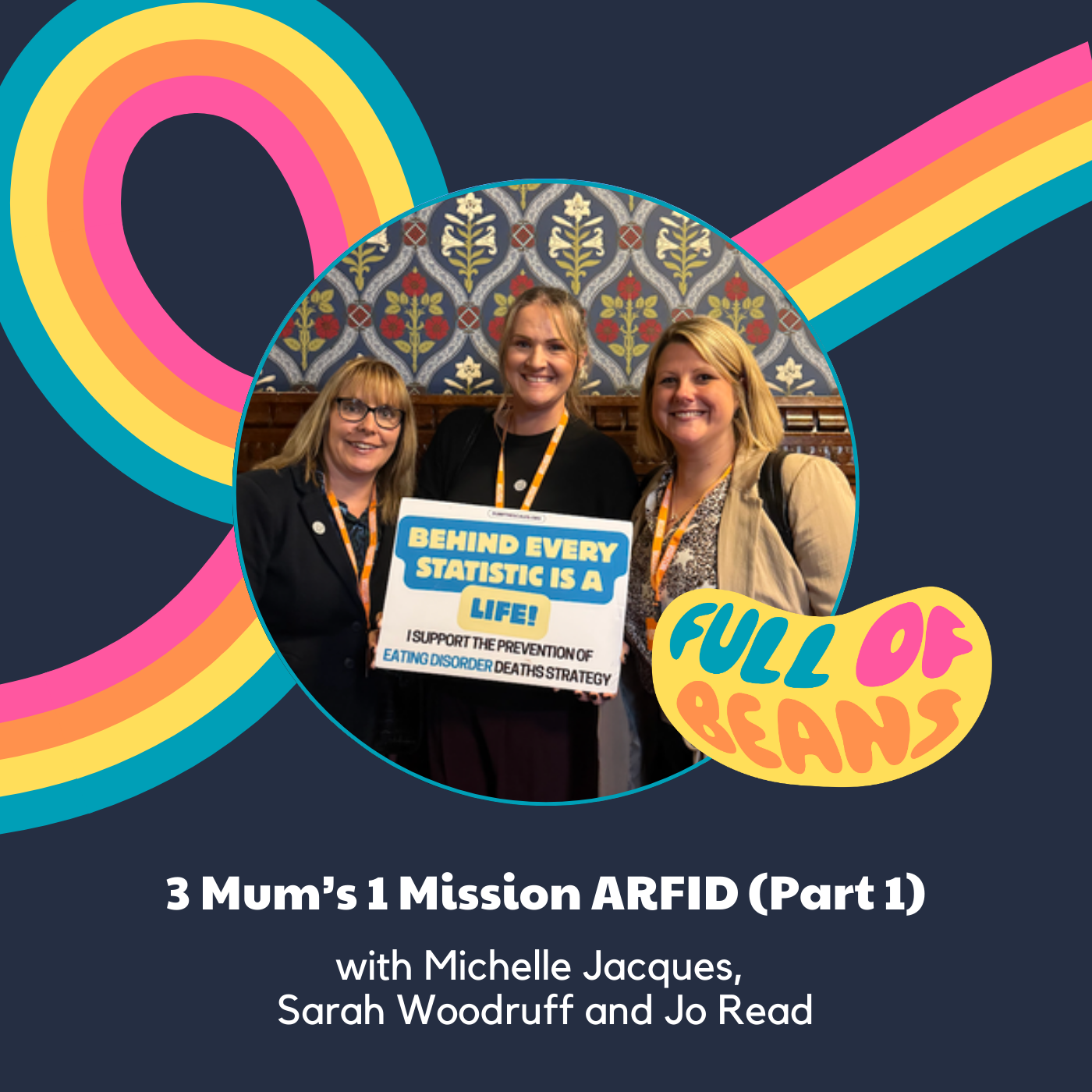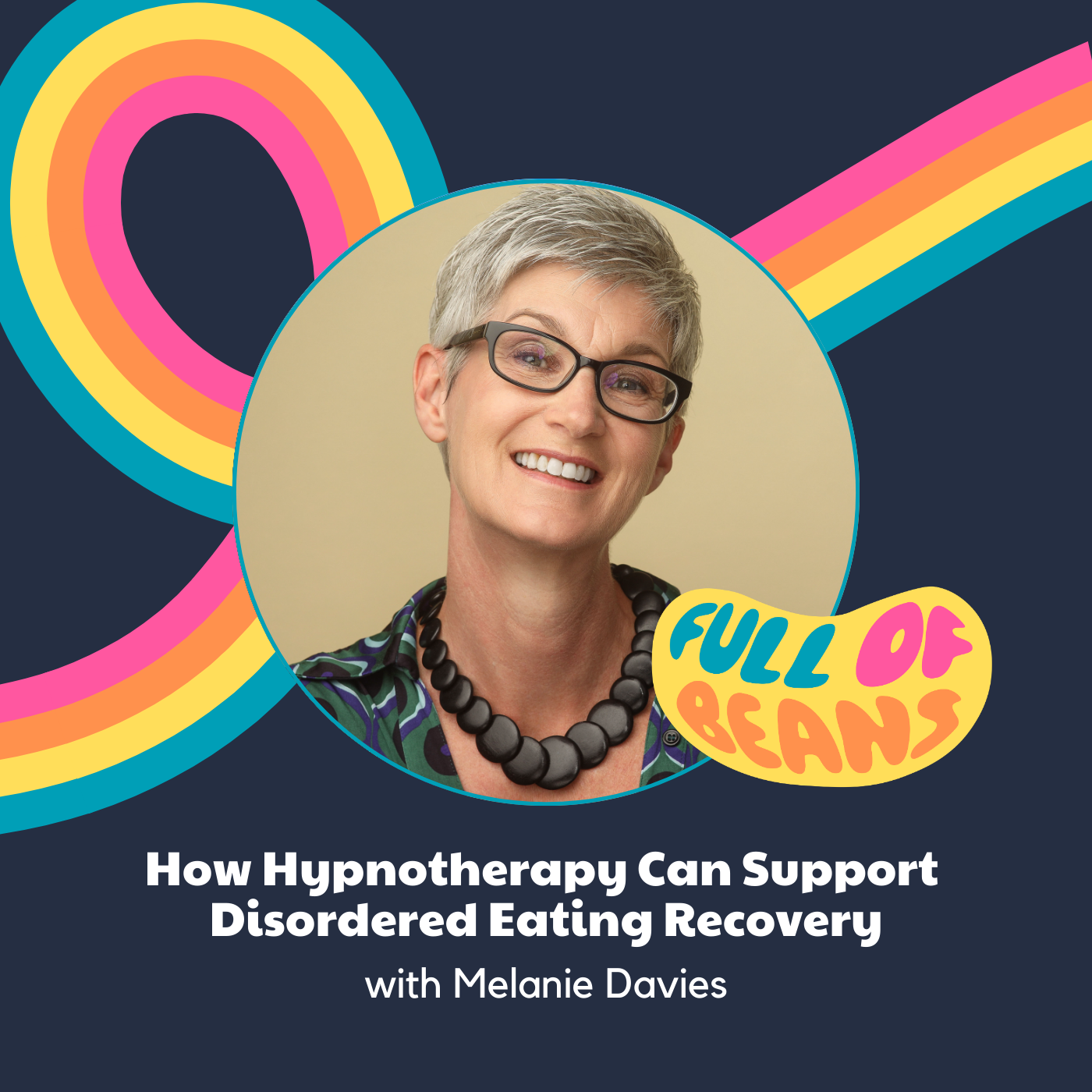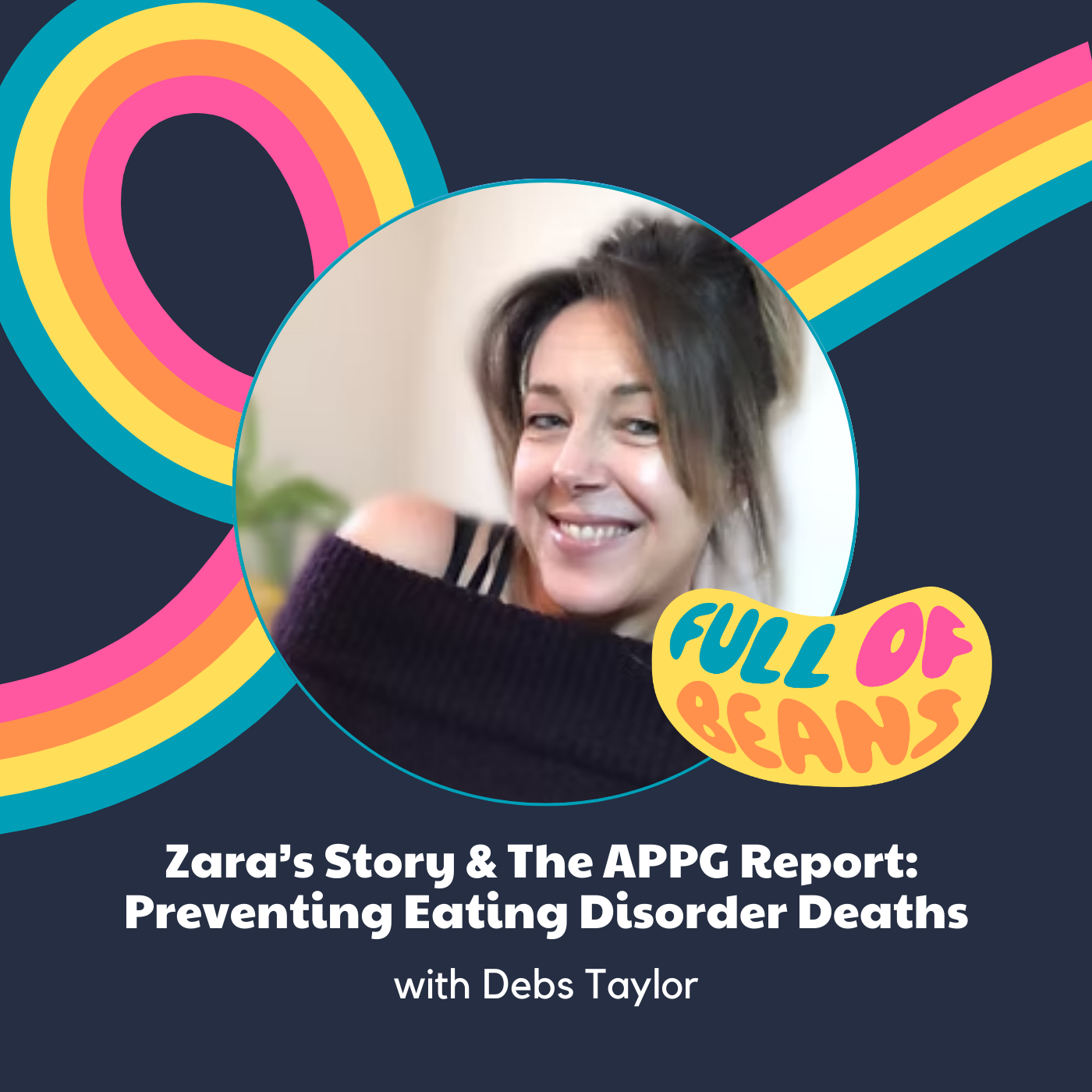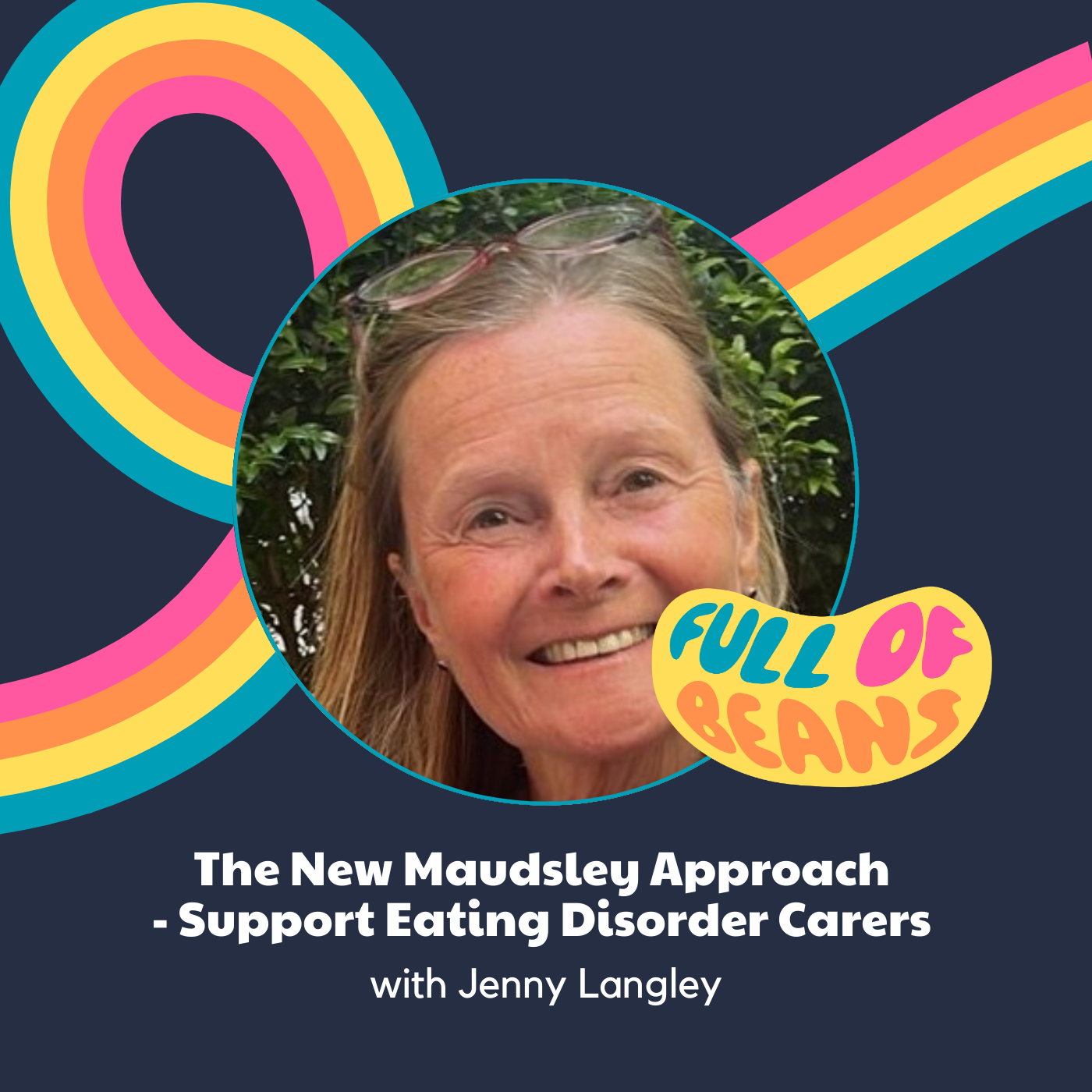Reclaiming Women's Health by Breaking Myths Around PCOS & Eating Disorders
Reclaiming Women's Health by Breaking Myths Around PCOS & Eating Disorders

March 8th marks International Women’s Day, a time to celebrate women's achievements and highlight issues that impact their well-being. This year, we’re diving into an essential conversation about PCOS (Polycystic Ovary Syndrome) and its connection to eating disorders and body image.
In this weeks podcast episode, we were joined by Georgia Spence, an Associate Nutritionist specialising in women's health, to explore the complexities of this condition and how women can reclaim their health through evidence-based nutrition and self-care.
PCOS: What You Need to Know
Many women experience painful or irregular periods, but did you know these could be signs of a more serious condition? Polycystic ovary syndrome (PCOS) is one of the most common yet underdiagnosed conditions affecting women’s reproductive health.
PCOS is a hormonal disorder affecting 1 in 10 women, leading to irregular periods, excess androgen levels, and metabolic challenges like insulin resistance.
Sadly, this condition is often dismissed, with many women being told that painful periods are “just part of being a woman.” But as Georgia emphasises, painful or irregular periods are NOT normal and should always be addressed with a healthcare professional.
The Link Between PCOS & Disordered Eating
One of the most overlooked aspects of PCOS is its connection to eating disorders. Research shows that individuals with PCOS are at a higher risk of developing binge eating disorder and bulimia nervosa due to societal weight stigma and restrictive diet recommendations.
Many women with PCOS are immediately told to lose weight as a treatment strategy, without being given evidence-based guidance on sustainable nutrition. This often leads to cycles of restriction, binge eating, and increased distress around food and body image.
Instead of focusing on weight loss, we should prioritise balanced nutrition and sustainable lifestyle changes that work for each individual’s needs. Georgia encourages women to shift the focus to what they can add to their diet, rather than what they should restrict.
How to Manage PCOS Holistically
Rather than restrictive dieting, Georgia suggests focusing on nourishing the body with an evidence-based approach. Here’s how:
Nutrition First: Adding fibre, whole grains, and plant-based proteins can help manage insulin resistance and support overall health.
Joyful Movement: Exercise doesn’t have to mean the gym, find movement that feels good, whether it’s yoga, dancing, or a simple walk.
Self-Care & Stress Reduction: Chronic stress impacts hormonal health. Prioritising relaxation techniques, sleep, and social support can make a significant difference.
Social Media Detox: Unfollow accounts that promote unrealistic body ideals or restrictive dieting. Surround yourself with evidence-based, empowering content.
Breaking the Cycle of Diet Culture
The diet industry thrives on women feeling inadequate, particularly when it comes to conditions like PCOS, where weight gain is often incorrectly seen as the root issue. But health isn’t defined by weight alone. By focusing on nourishment, self-care, and evidence-based strategies, women can reclaim control over their well-being.
“If painful periods or irregular cycles are affecting your quality of life, don’t accept it as ‘normal.’ Seek support and know that your concerns are valid.” – Georgia Spence
Where to Learn More & Get Support
If you’ve been diagnosed with PCOS or are struggling with food and body image, you are not alone. Support is available:
💜
Follow Georgia Spence:
Instagram |
Website
💜
Eating Disorder Support:
BEAT |
First Steps
🎧 Listen to the Full Podcast Episode: Click here to listen
📢
Join the Conversation: What are your thoughts on PCOS and body image? Share your experiences on Instagram
@_werarefullofbeans!
Thank you for taking your time to read this blog. If you would like to receive updates from the Full of Beans podcast, scroll down a little further and click subscribe.
You can listen to the podcast here or follow us over on Instagram where we like to engage most with our community!
Keep being you,
Han 💛

